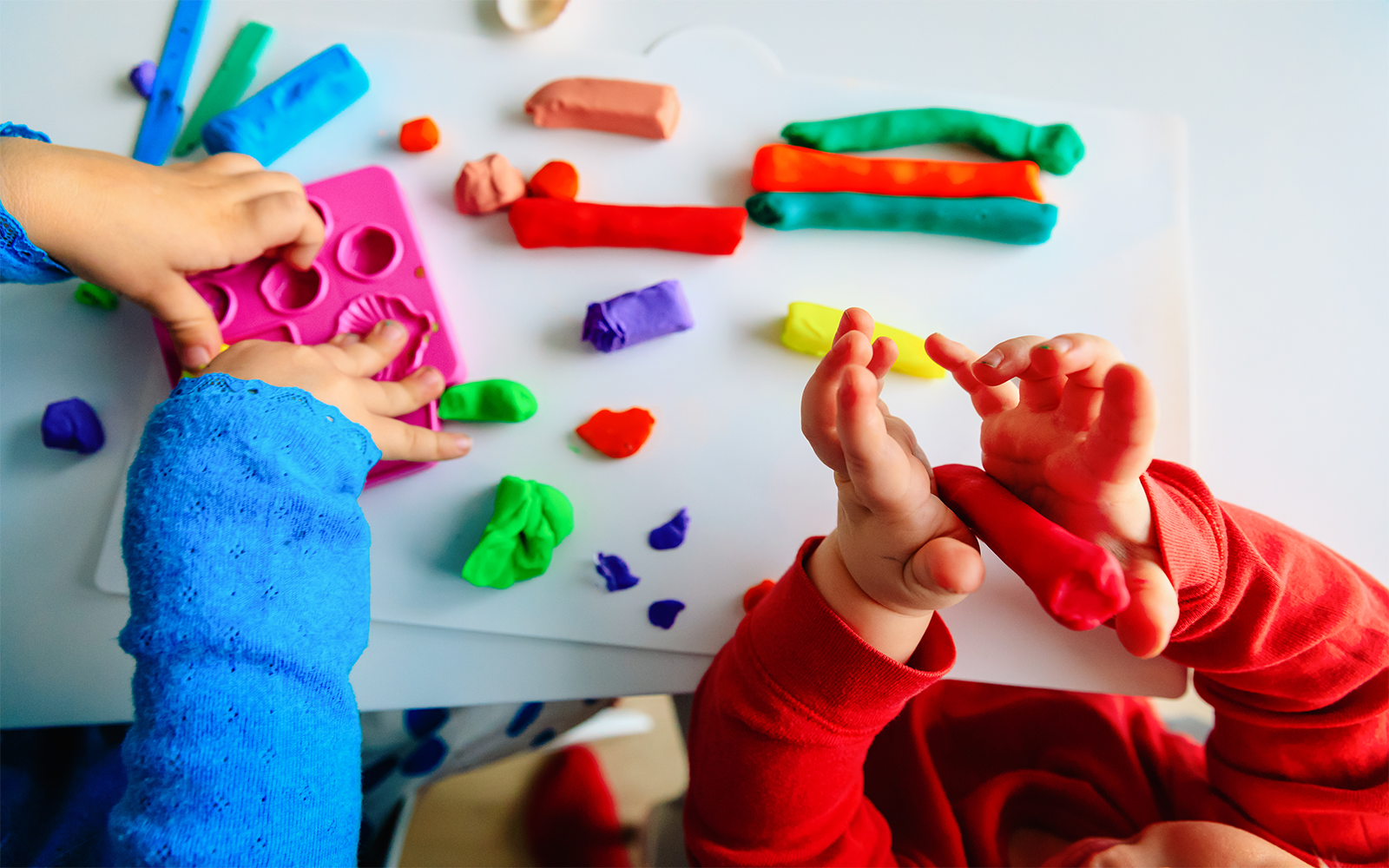
While some may worry about children getting their hands dirty while playing with clay, the benefits far outweigh any mess. Clay play not only brings joy but also contributes significantly to a child's physical and mental development. Let's delve into the primary advantages children derive from this activity.

Developmental Balance
Children as young as 2 or 3 can start playing with clay, engaging various parts of their hands, from fingers to arms. This manipulation helps in developing fine motor skills, which are crucial for tasks like holding pencils or utensils. Activities like squeezing, pinching, rolling, and shaping clay strengthen their arm and shoulder muscles while fostering concentration and hand-eye coordination.
Early Math Exploration
The malleability of clay allows children to explore shapes and colors, playfully introducing basic mathematical concepts. They can learn about shapes, counting, and colors, laying a foundation for math skills in a fun, non-intimidating way.

Problem-Solving Skills
Clay play encourages experimentation and creativity, teaching children that there's no right or wrong way to play. If they encounter challenges or need to adjust their creations, they learn to adapt and problem-solve, fostering resilience and flexibility in thinking.
Emotional Expression
Clay provides a medium for children to express their emotions, especially at ages 2 to 3 when verbal expression may be limited. The colors they choose and the shapes they mold can reflect their thoughts and feelings, offering an outlet for self-expression and communication.
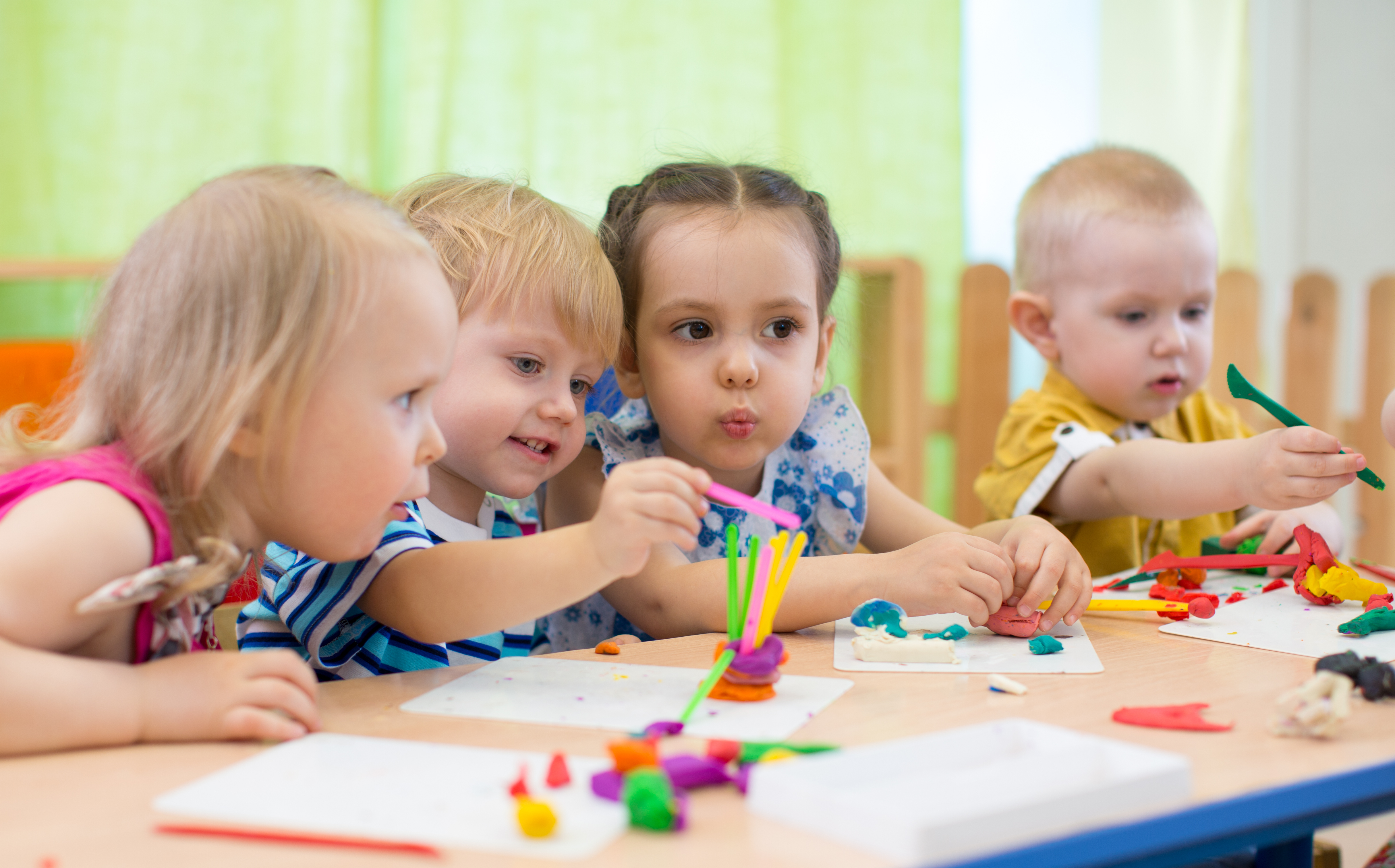
Creativity and Imagination
Clay's versatility sparks children's creativity, allowing them to shape it into anything they imagine. Whether it's building sculptures or creating imaginary worlds, clay play nurtures their imagination and encourages experimentation without constraints.
Social Development
While clay play can be enjoyed solo, it's even more enriching in group settings. Collaborating on clay projects helps children develop social skills like negotiation, cooperation, and teamwork, fostering relationships and understanding the value of collective effort.
In conclusion, clay play offers a wealth of benefits for children's physical, cognitive, and emotional development. It's not just about getting their hands dirty; it's about fostering creativity, problem-solving, and social skills essential for their overall well-being. So, providing clay for young children to engage with is undoubtedly a worthwhile investment in their growth and development.
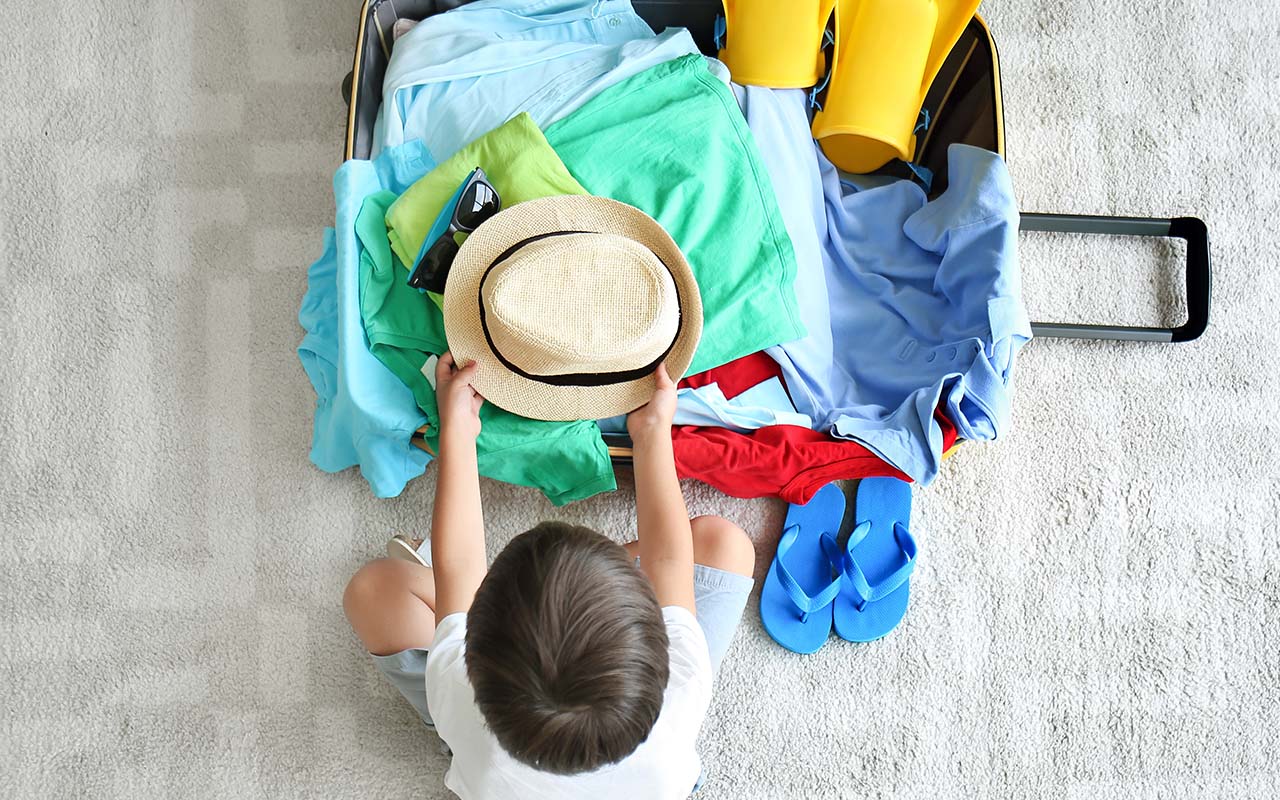

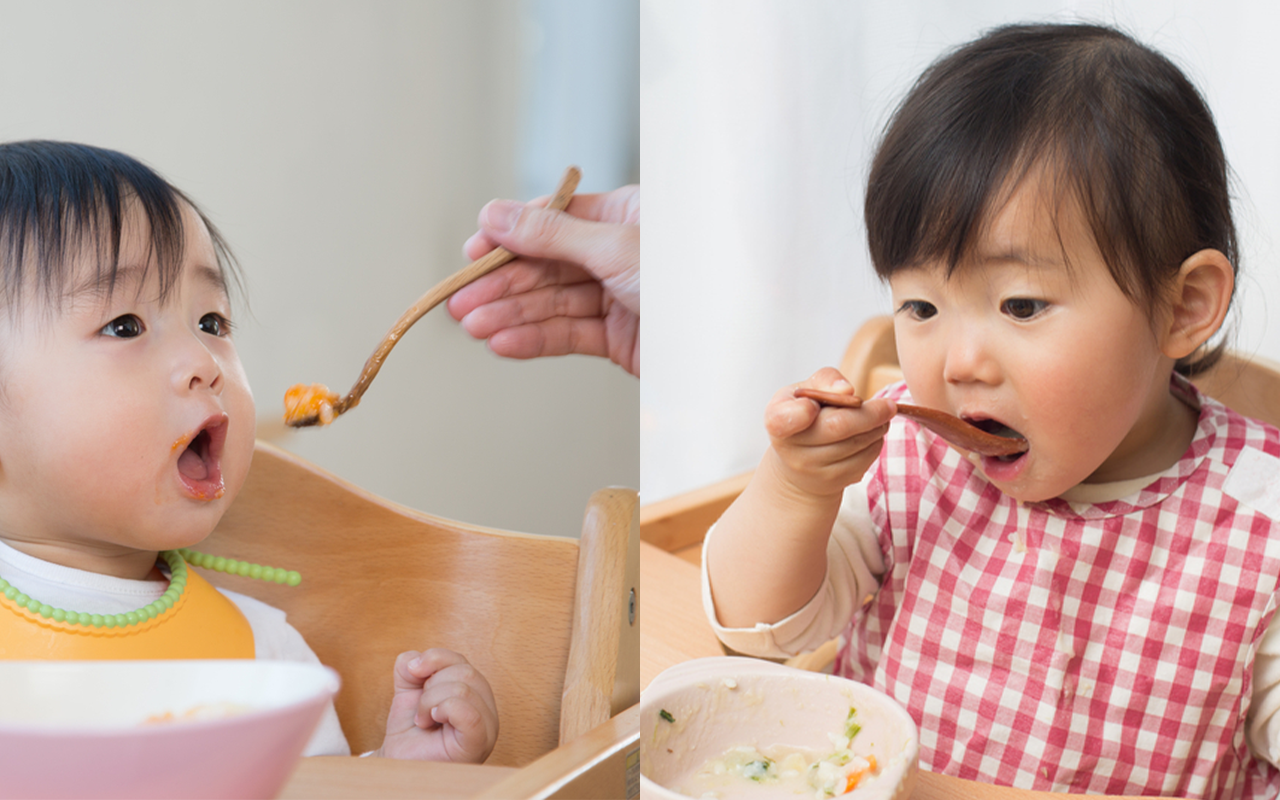
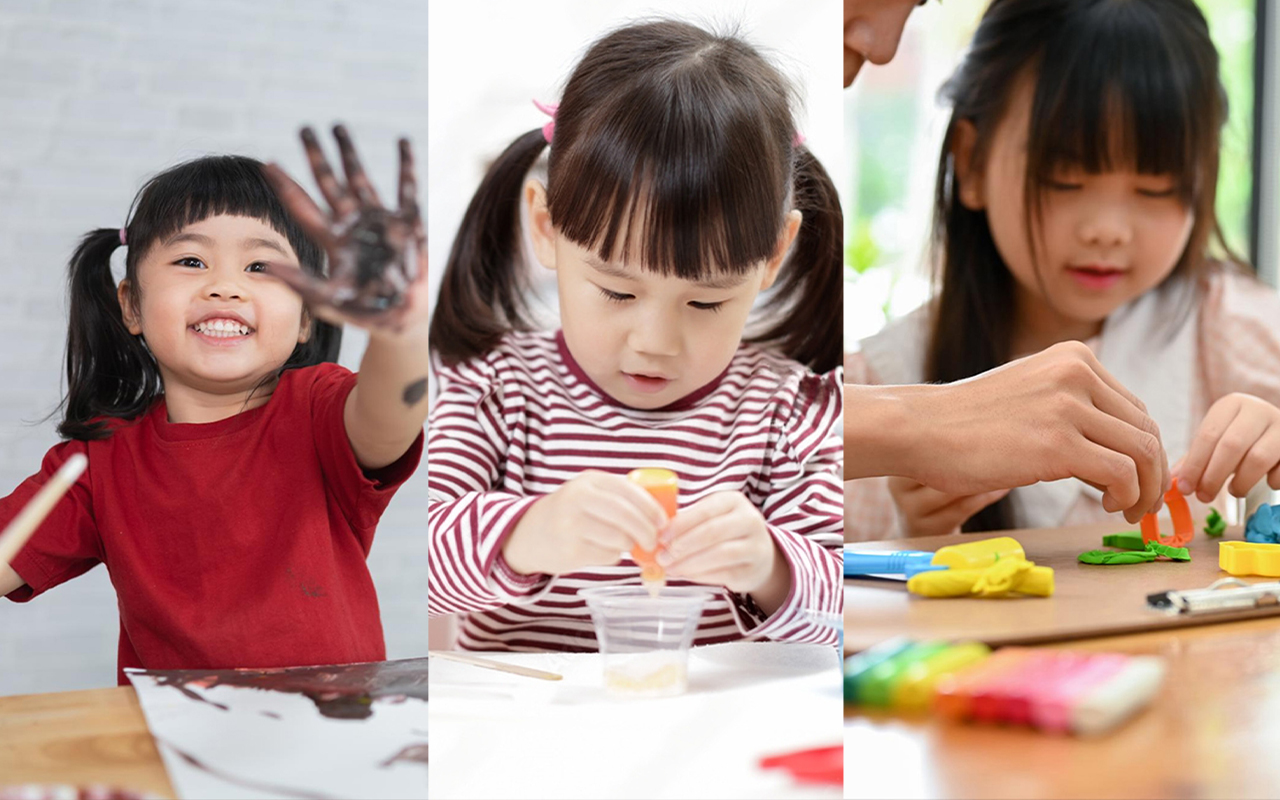
Comments